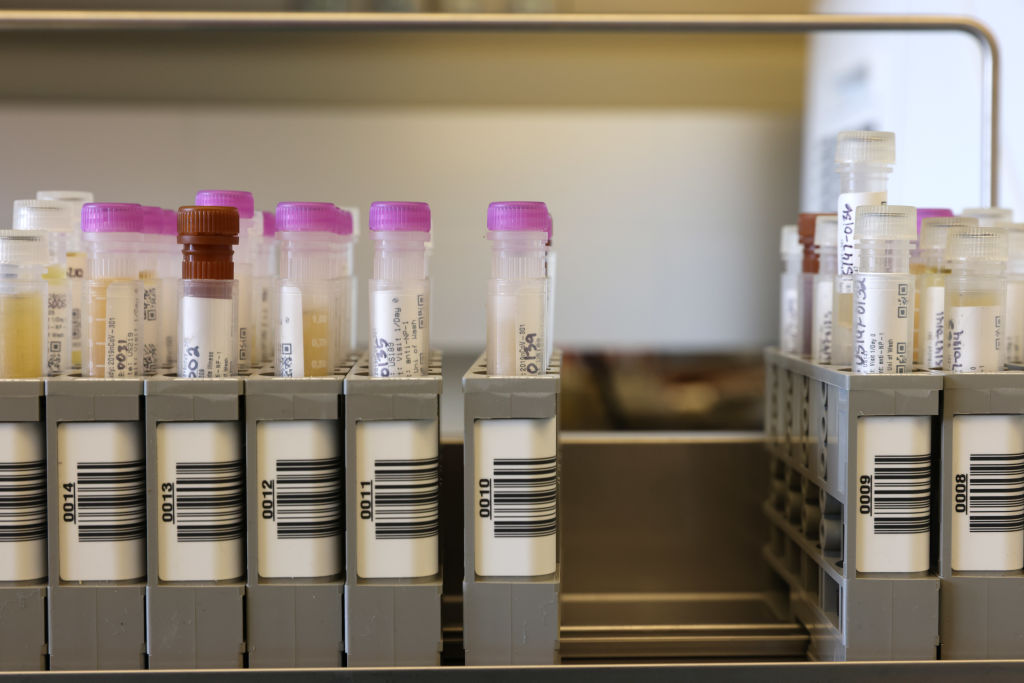A different kind of COVID-19 vaccine is coming, and it could be 'even more protective'


A free daily email with the biggest news stories of the day – and the best features from TheWeek.com
You are now subscribed
Your newsletter sign-up was successful
A COVID-19 vaccine different from those made by Moderna, Johnson & Johnson, and Pfizer could be available to Americans "as soon as this summer," NPR reported on Sunday.
The three vaccines currently authorized for use in the U.S. work by instructing the body to manufacture something that looks like a piece of the virus, but isn't. Then, if ever infected with the real virus, the immune system is prepared. The new protein subunit vaccine, however, already contains that all-important bit, known as the spike protein, meaning the body doesn't have to produce it on its own. What's more, the protein subunit vaccine doesn't require "special refrigeration," and also contains an "adjuvant" that makes the shot "even more protective," per NPR.
The technology itself isn't novel — there are hepatitis B and pertussis vaccines that use the same science. But the first COVID-19 iteration will likely come from biotech company Novavax, which is reportedly hoping to file for authorization in "the U.K., U.S., and Europe in the third quarter," said NPR. Canadian biotech firm Medicago and pharmaceutical giant Sanofi are working to create their own versions, as well. Read more at NPR.
The Week
Escape your echo chamber. Get the facts behind the news, plus analysis from multiple perspectives.

Sign up for The Week's Free Newsletters
From our morning news briefing to a weekly Good News Newsletter, get the best of The Week delivered directly to your inbox.
From our morning news briefing to a weekly Good News Newsletter, get the best of The Week delivered directly to your inbox.
A free daily email with the biggest news stories of the day – and the best features from TheWeek.com
Brigid Kennedy worked at The Week from 2021 to 2023 as a staff writer, junior editor and then story editor, with an interest in U.S. politics, the economy and the music industry.
